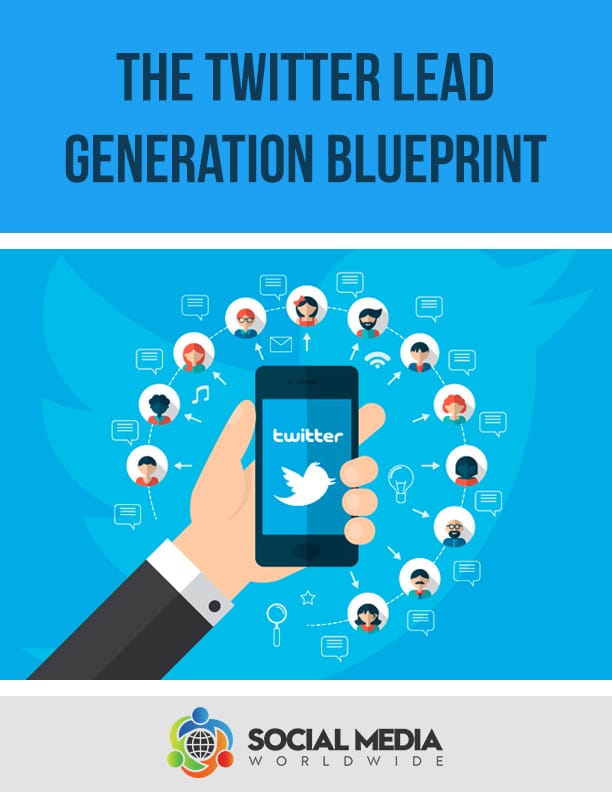Being connected with others is profoundly impactful. These relationships and interactions define our experiences, shape emotions, and significantly impact our well-being. Social contact is essential for individuals with mental health issues to lead a healthy life.
Research indicates that individuals with stronger social connections tend to experience lower rates of anxiety and depression, higher self-esteem, greater empathy, and a propensity for trust and cooperation. Conversely, loneliness and social isolation can severely affect a person’s mental well-being and put them at risk of several psychological disorders and even substance dependency.
The Dangers of Social Isolation
In a society where many choose isolation, numerous issues are increasingly prevalent. Below are two of the most common problems faced by people who experience social isolation.
Addiction
Another risk factor that can lead to the development of addictions is social isolation. Sadly, without support, individuals often feel lonely and stressed, leading them to turn to alcohol or drugs.
In the United States, approximately one in five adults experience mental illness related to addiction each year, with anxiety disorders and depression being the most common. Mental health issues significantly impact individuals’ daily lives, contributing to a substantial economic burden, with an estimated $193.2 billion in lost earnings annually.
Social isolation can exacerbate addiction, perpetuating a difficult cycle to break. The concept of social support is often sought by recovering addicts in new york rehab centers as they can help them manage their substance use disorders and provide support that may buffer stress, promote protective coping, and enhance positive psychological states.
Mental Health Issues
Social isolation has severe consequences on one’s mental health. Loneliness and social isolation correlate with anxiety, depression, and cognitive decline. Feelings of loneliness can lead to a sense of hopelessness and exacerbate existing mental health issues or contribute to new ones.
Role of Interpersonal Relationships
Being connected with people brings about several benefits, especially with people who have mental health concerns. Read further to learn more about the role of interpersonal relationships in managing our mental health.
Emotional Support
Closeness is one of the significant aspects that contribute to mental well-being in that it offers emotional support. Just being able to discuss something with someone or even find someone to commiserate with during hard times protects against stress. Cognitive functions help individuals manage stress, navigate emotions, and address challenges. It also helps in the establishment of belongingness and acceptance, which are essential for psychological health.
Physical Health Benefits
Notably, the work on social connectedness shows that it is not only good for one’s mental health but also one’s physical health. Having strong social ties is associated with a better immune response, less inflammation, and less risk of developing chronic diseases like heart ailments. This is so because social relations help in reducing stress which is a very big factor that leads to various health complications.
Encouragement of Healthy Behaviors
Close relationships also influence health-promoting behaviors. People around us play a key role in our lives and help us change for the better by insisting on a proper and healthy diet, regular exercise, or no smoking or alcohol consumption. Staying connected with like-minded and supportive individuals can prompt people to embrace better health behaviors, for mental, and physical.
Interacting and Preserving Social Relations
Knowing the importance of social relationships and their effect on people’s mental health, it is now deemed important for people to maintain a good amount of interaction with people. Read more to learn several ways you can enrich your social interactions.
Quality Over Quantity
As far as social relationships are concerned, it is better to have fewer but closer friends than to have a large number of casual acquaintances. Also, simple acquaintances are usually more helpful for mental health than many people with whom one cannot establish deep connections. Close and confiding relationships offer more support as well as feelings of acceptance.
Joining Groups and Activities
A good number of people can be contacted through social organizations, clubs, and interest groups where one can participate. Such activities might be engaging in a sports team, going to book club meetings, working for an organization you support, or being active in your community. It is because such activities allow people to interact and make new friends who share similar passions and aspirations.
Maintaining Existing Relationships
It is crucial to note that maintaining these relationships is as important as forming new ones. Keeping in touch, thanking, and being supportive when one’s friends and relatives face hardships are important for maintaining friendships and family bonds. Addressing conflicts in a healthy and constructive manner is essential for maintaining strong relationships.
The Role of Technology
Technology offers new ways to connect with others. Social media, messaging apps, and video calls can help maintain relationships, especially when physical distance is a barrier. However, it’s important to use these tools mindfully. While technology can enhance social connections, it can also contribute to feelings of loneliness if it replaces face-to-face interactions or fosters unhealthy comparisons with others.
Social Connections and Professional Help
In the case of mental disorders and substance use disorders, people require the services of professional healthcare providers. There are also other options that include different professionals’ help, such as therapists, counselors, and support groups. Support groups, for example, are particularly valuable as they offer individuals facing similar challenges the companionship and acceptance they seek.
Social Connectivity and Substance Dependence
Amidst the issue of social isolation is the growing problem of substance dependence. This issue highlights the importance of improvement measures in the ways society handles cases like this and the stigma it brings.
Peer Support
Support from like-minded persons is the basis of many programs that aim at helping addicts. Some of the principles of AA and NA include allowing members to share experiences and supporting each other in recovery. These groups allow the individuals to feel that there is someone out there who understands them and this can greatly motivate them to maintain their recovery objectives.
Reducing Stigma
Developing social relationships can also contribute to the fight against this stigma that is associated with addiction. It makes people feel welcome and comfortable instead of being judged and this is because they have a good support network around them. This may help them to come for assistance and adhere to their treatment plan.
FAQs
What is the role of social networks in the area of mental health?
Humans interact so that they can be able to find solace, relieve stress, and be able to have a sense of purpose in society. Cohesion is again associated with less anxiety and depression and superior overall psychological health.
Are friends helpful in dealing with substance dependence?
Social relationships are incredibly important in a person’s journey to overcome addiction. Coping from friends, family, and peers can motivate people, decrease feelings of loneliness, and encourage people to develop more adaptive forms of coping.
What should I do if I am experiencing social loneliness?
If you are experiencing social solitude, try yourself to some clubs and groups you like, contact friends and relatives, or contact a specialist. Technology is also useful for keeping in touch, but one must always switch between online and real-life communication.
Conclusion
In conclusion, it is evident that social relations are essential for psychological well-being. They comfort, alleviate stress, promote healthy lifestyles, and prevent mental conditions and substance use disorders. On the other hand, loneliness may cause severe psychological disorders and also contribute to substance dependence.
Promoting and sustaining positive social connectedness can improve not only psychological well-being but also other aspects of individuals’ lives. Whether by joining new groups, maintaining connections with friends and family, or participating in support groups, nurturing social relationships is integral to a fulfilling life.
In light of an ever-progressing society and advancing technologies that shape interpersonal communication, it is still important to foster healthy, warm relationships. In this way, we can contribute to creating a society that fosters health and happiness.



Recent Comments